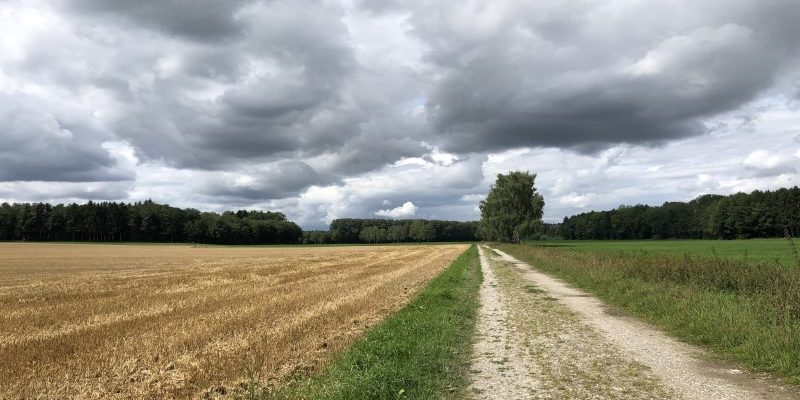Five global standard setting organizations have launched a common report towards one single and global set of reporting standards for comprehensive corporate reporting.
Five key global organisations for comprehensive corporate reporting
The five organizations GRI, CDP, Climate Disclosure Standards Board (CDSB), International Integrated Reporting Council (IIRC) and Sustainability Accounting Standards Board (SASB) have agreed on an intent of work.
The goal of such collaboration is to provide a
- “Joint market guidance on how [their] frameworks and standards can be applied in a complementary and additive way;
- A joint vision of how these elements could complement financial generally accepted accounting principles (Financial GAAP) and serve as a natural starting point for progress towards a more coherent, comprehensive corporate reporting system; and
- joint commitment to drive toward this goal, through an ongoing programme of deeper collaboration between [them], and a stated willingness to engage closely with other interested stakeholders.”
An intent of work towards comprehensive corporate reporting
The report towards comprehensive corporate is structured on various parts:
- users and objectives of sustainability disclosure: why do we report? To whom? They then developed the concept of dynamic materiality, e.g. “Sustainability topics that a company once considered immaterial for disclosure can become material, based on evidence of an organisation’s impacts on the economy, environment and/or people.” – there are distinctive materiality concepts: based on the organization’s significant impacts, and topics that are material for enterprise value creation.
- pivotal moment towards a more comprehensive corporate reporting. There is a demand for disclosure, and now is the time to act. In this chapter, the report “shows the unique role of the various frameworks and standards in the sustainability information eco-system, and how complementary they are”. In other words, the standards address the distinctive materiality concepts.
- Vision for sustainability disclosure: They outline an approach that can serve distinct materiality concepts. According to the report, “sustainability disclosure that is material for enterprise value creation should ideally be disclosed along with information that is already reflected in the annual financial accounts. It is therefore highly desirable for all these relevant standards to be housed under one roof”.
- In the fifth part, this “one roof” concept is further developed and explained through the different building blocks. They illustrate how “the standards and frameworks that make up the “house” – which might be thought of as the first building block of the system – are all focused on enabling disclosure that is relevant to enterprise value creation”, while the second building block “goes beyond disclosure that is relevant for enterprise value creation”.
- The final chapter focuses on data, digitation and technologies. In order to make sure that the relevant parties can access the information, it has to be structured around taxonomies and be available digitally.
A call for market support for comprehensive corporate reporting
While the five organisazions committed to engage with relevant stakeholders, they launched a businses call:
- “Recognise that the frameworks and standards naturally form part of a coherent eco-system, and can be used in a complementary way, especially in view of our description of dynamic materiality;
- Provide feedback on the ideas expressed in this paper;
- Engage with [them] and all parts of the reporting eco-system to increase buy-in and urgent action for change; and
- Be active in supporting and helping to achieve and evolve the vision set out.
For more information, consult the press release.
DFGE welcomes this initiative and is looking forward to hearing more about comprehensive corporate reporting. DFGE already is a partner of CDP and GRI, and as heart to promote and help companies wih their reporting.









